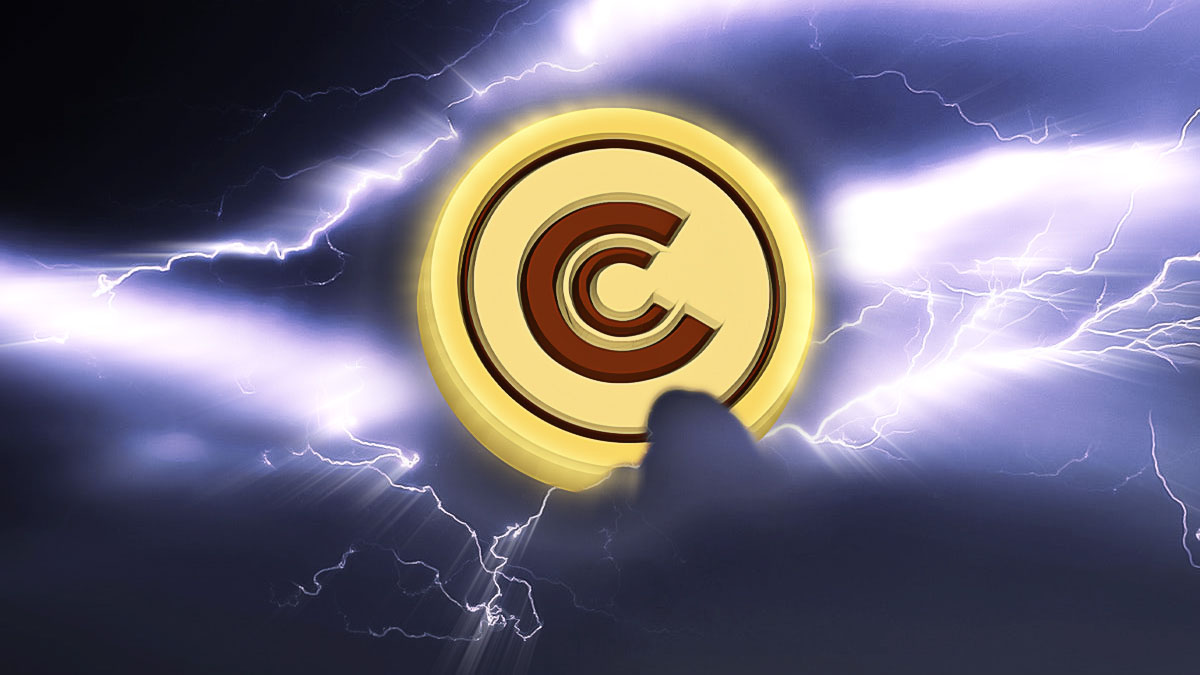PancakeSwap, a decentralized finance (DeFi) protocol, has successfully passed a proposal to reduce the maximum supply of its native token, CAKE, from 750 million to 450 million, with approximately 98% of votes in favor. The voting, which concluded with an overwhelming majority, reflects the community’s support for a deflationary token model.
The updated maximum token supply figures for CAKE are expected to be officially reflected on major price tracking platforms such as CoinGecko and CoinMarketCap by January 4th. Following the vote, CAKE’s price saw a 3.23% increase in the last 24 hours, trading at $3.70, according to data from TradingView.
The rationale behind PancakeSwap’s decision to reduce the token supply is to signal a shift away from a high inflationary model. The PancakeSwap team has stated that after achieving consistent deflation in recent months, this strategic move aligns with their vision of a robust and deflationary model.
Previously, PancakeSwap announced the proposal to decrease the CAKE supply, highlighting a transition from a high-inflation emission model to a more efficient one by reducing the token supply by 300 million CAKE.
Over the past year, PancakeSwap has significantly revamped its growth strategy, capturing the attention of the community. Plans are in motion to introduce a voting-based model that allows CAKE holders to stake their assets for “veCAKE,” which includes staking rewards and incentives.
The proposal aims to reduce the total supply of CAKE to a maximum of 450 million, in line with the consistent deflation achieved in recent months. With a current circulating supply of 388 million CAKE, the team believes this new, lower cap will be sufficient to gain market share across all chains and sustain the veCAKE model.













